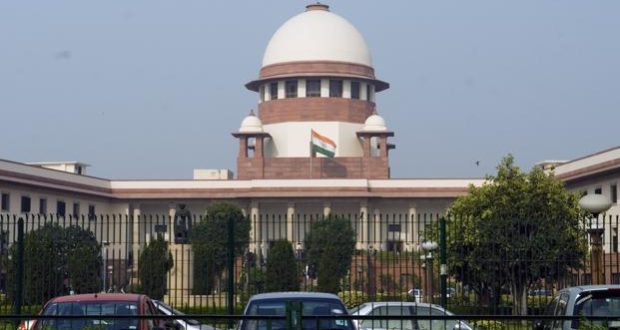Says it was the government which said provisions of the SC/ST Act were being abused
The Supreme Court on Tuesday questioned the government for shifting its stand in the court by first agreeing there is abuse of the Scheduled Castes and the Scheduled Tribes (Prevention of Atrocities) Act, 1989 and now filing a review petition against the March 20 judgment.
Supreme Court stands by its SC/ST Act judgment
“The Union itself had said there was abuse,” Justice A.K. Goel, who headed the Bench comprising Justice U.U. Lalit, observed.
State view
Amrendra Sharan, amicus curiae in the case, said the March 20 judgment was based on the government’s views about abuse of the 1989 law.
“It was the government which gave the data, made the submissions and now they are challenging the judgment,” Mr. Sharan submitted.
The judgment bans immediate arrest of those charged under provisions of the 1989 Act. A preliminary inquiry should be conducted first into the veracity of a complaint filed by a Dalit under the Act before registration of a first information report. The judgment led to massive protests even as the Centre rushed to the Supreme Court for its review on Monday.
In open court, Justice Goel pointed out that it was the government which brought on record the Sixth Report of the Standing Committee on Social Justice and Empowerment (2014-15) on the Scheduled Castes and the Scheduled Tribes (Prevention of Atrocities) Amendment Bill, 2014. The report had rejected the stand of the Ministry that there was no need to act against false or malafide implications under the Atrocities Act.
It was this report which became a deciding factor for the court to lay down the guidelines against arbitrary arrests or false implications under the Act.
The judgment recorded Additional Solicitor-General Maninder Singh’s submissions for the Centre. Besides acknowledging abuse of the 1989 Act, the Centre agreed that Section 18 of the Act should be read down to allow anticipatory bail. The section forbids anticipatory bail.
In the review petition, on the other hand, the Centre supported the ban on anticipatory bail and said it was not in violation of the fundamental right to personal liberty.
Similarly, the judgment quoted the Centre reeling out statistics supporting abuse of the Act. For instance, the government said that in 2015, the police filed closure reports for 15-16% of cases filed under the Act and over 75% cases resulted in acquittal or withdrawal.
In its review petition, the government did a flip. This time, it cited figures from 2016 to show how weakly the Act was implemented.
It said that of the 47,338 cases registered across the country, only 24.9% ended in conviction and 89.3% were pending.
 Times Of Pedia Times of Pedia TOP News | Breaking news | Hot News | | Latest News | Current Affairs
Times Of Pedia Times of Pedia TOP News | Breaking news | Hot News | | Latest News | Current Affairs





Please comment